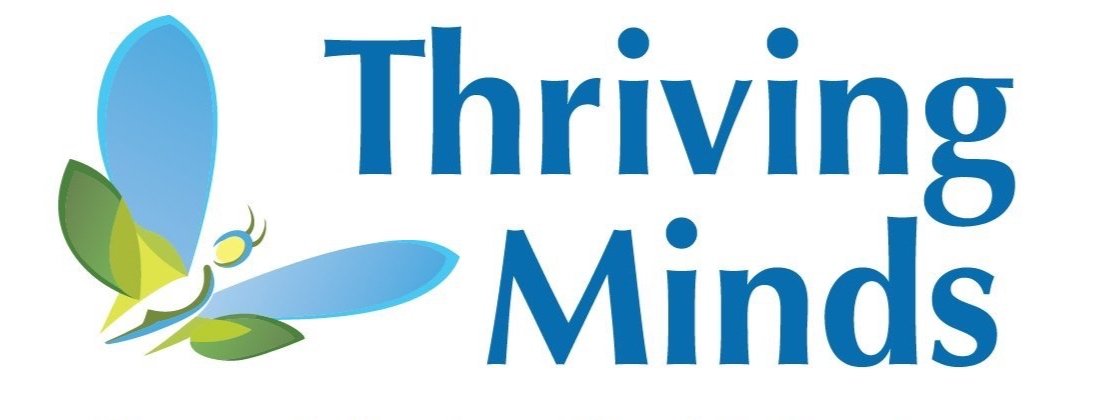Selective Mutism Intensive Interventions
Many children need more intensive intervention or intervention directly in the location where mutism is occurring – the school setting. Weekly treatment session in the school can take months or even years, and this can be critical time lost both academically and socially for a child with Selective Mutism. New research is finding that intensive interventions are a wonderful option for children with Selective Mutism.
Intensive intervention can be 3, 4, or 5 days in length, and typically entail 4-6 hours of intervention each day (including evaluation, direct intervention with the child, parent training, consultation with the school/current psychotherapist, etc.). Carried out in the clinic or the child’s school, these behavioral interventions:
reduce warm-up time
allow for faster progression toward speech (4 days as opposed to months or years!)
may reduce the need for a long-term pull-out program (and the potential disruptions to the child’s schedule that individual intervention involves)
returns the child to adaptive, appropriate functioning more quickly
reduces frustration of lengthy treatment
While other treatment options are available at all Thriving Minds clinics, our intensive interventions are only held at the Chelsea office or in the child’s school.
What does an in-school intensive look like?
Although each clinic and school-based intensive treatment is customized for your child and family, here is a sample 4 day plan and a video to find out more.
Day 1:
Build rapport and comfort with therapist
Introduce intervention techniques in a comfortable environment
Introduce a reward system and associated goals
Generalize speech comfort and practice brave work in the community, including the school setting
Days 2 and 3:
Practice brave techniques in the school environment
Maintain speaking comfort with therapist throughout the school day
Establish speaking comfort with specific individuals such as teachers, counselors, and classmates
Target individual and small group interactions in the classroom
Day 4:
Continue brave practices in the school environment, focusing on the child’s usual classroom
Work on higher-level goals based on progress (reading aloud, giving presentations, participating in class)
Practice brave interactions with both adults and peers
Provide feedback to school personnel on strategy use
Prepare reward systems for ongoing success
Schedule a follow-up meeting with teacher(s) to discuss progress, strategies, and problem-solving.
FAQs for In-School Intensives with Dr. Schmitt
Does the therapist meet with the school beforehand?
Generally, there is no formal meeting with the school beforehand. Dr. Schmitt will communicate with the school prior to the intensive, outlining the intervention approach and any specific requests. In addition, school staff may be given materials to review in advance, such as a short video or handouts.
What will the schedule be? How much time will the therapist spend in the classroom?
Dr. Schmitt does not follow a fixed schedule. Instead, she crafts a personalized plan for each child that is adapted throughout the school day. This strategy prioritizes flexibility, enabling Dr. Schmitt to make adjustments as needed. For instance, if the class is engaged in silent reading with no chance for verbal interaction, she might engage the child in conversation with office staff or specials teachers. Similarly, if a library practice proves challenging, Dr. Schmitt and the child may need to postpone transitioning to music class.
How will the therapist address staff or other students in the classroom?
Dr. Schmitt will engage with school staff and classmates in a way that is sensitive to classroom demands and minimizes disruption. For instance, during partnered activities, Dr. Schmitt might naturally join in and offer prompts like, "Can you ask Bella about her response to the first question?" If additional speaking practice is necessary, she may relocate to a designated area to ensure minimal interruption to regular instruction. It's important to view this intervention as akin to having a one-on-one aide supporting the child throughout the day. Dr. Schmitt, a school psychologist by training, understands the importance of respecting the classroom environment and aims to be as unobtrusive as possible.
Click here for a downloadable version of these FAQs.

